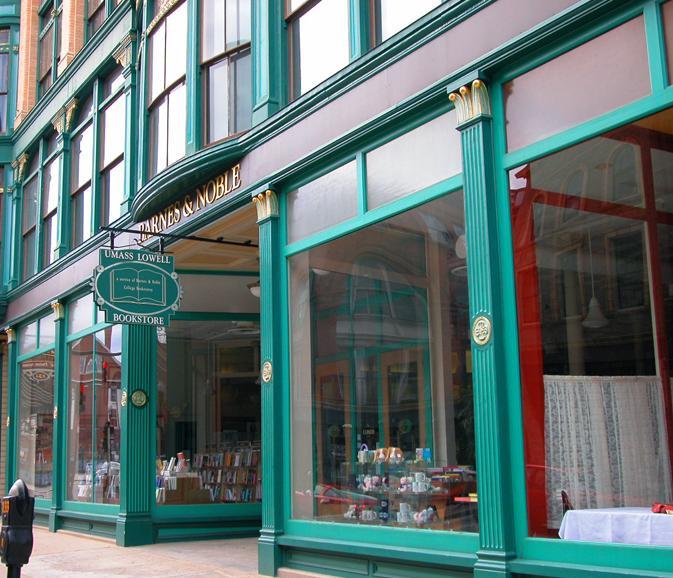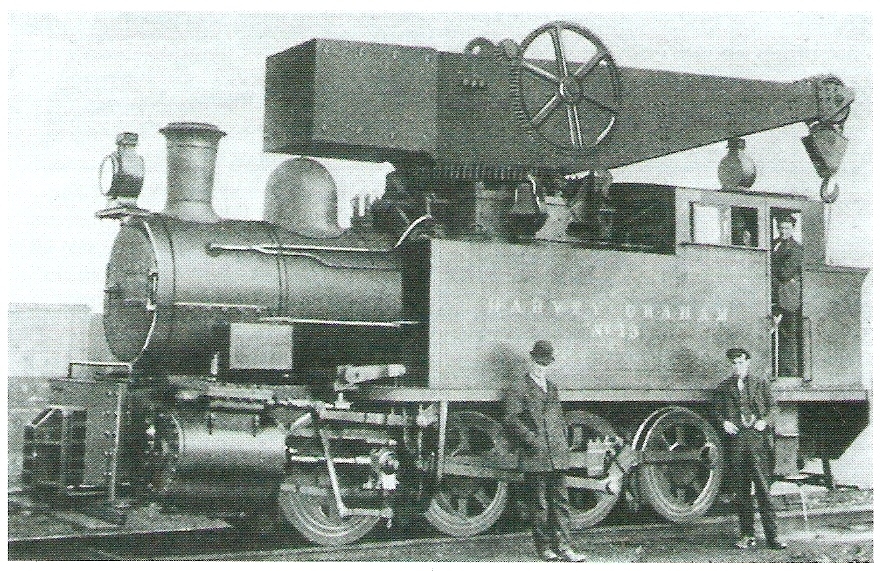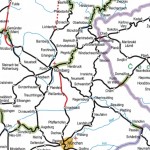“If you want to grow food but don’t have a garden or an allotment then lack of space is probably one of your biggest challenges. But it’s amazing what you can do with even a small outdoor space. Indeed, lack of space can be a great inspiration to get creative.”
Vertical Veg – high yields from tiny spaces. Has very good links, too.







